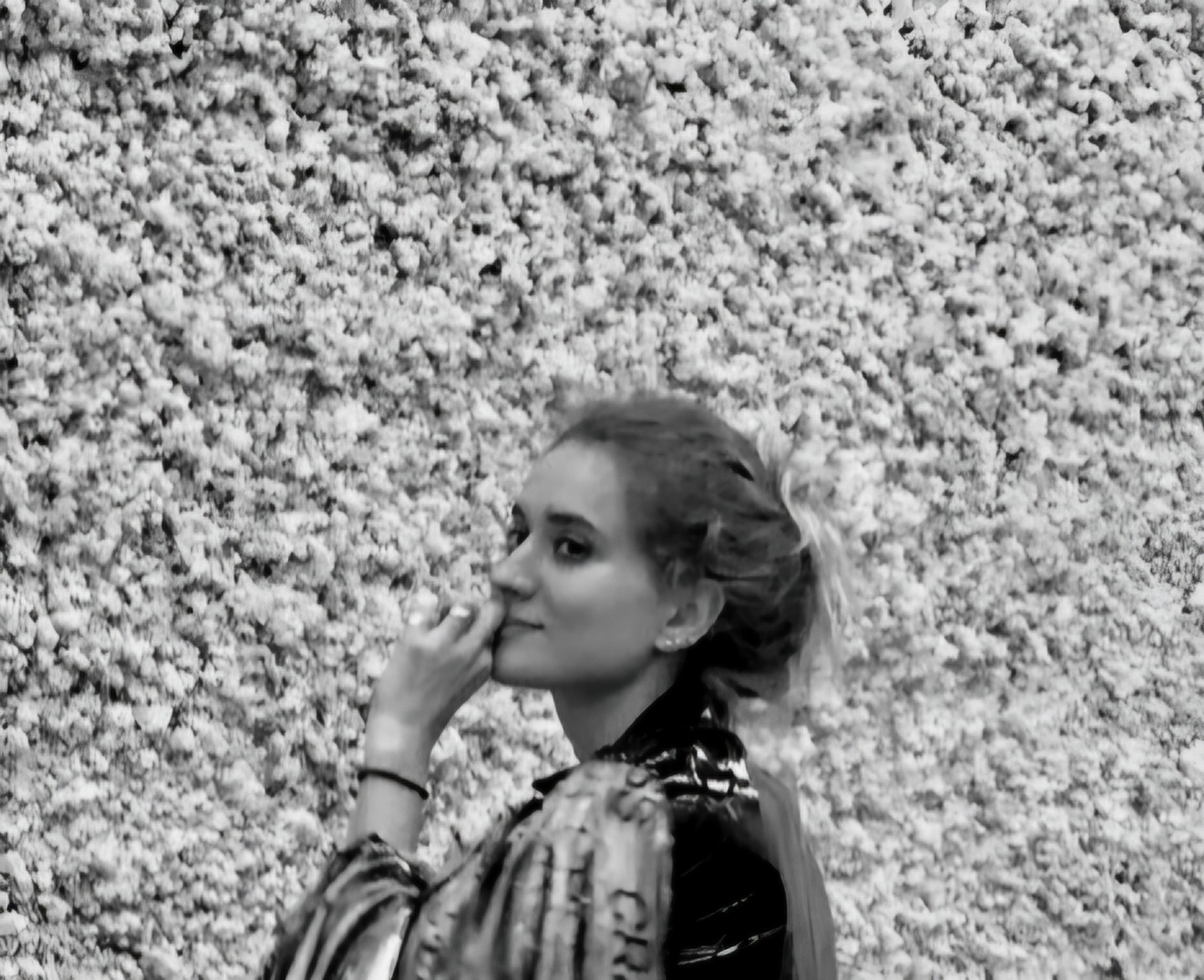Maja Pavlovic
 Can you tell us about your journey to QMUL and pursuing a PhD?
Can you tell us about your journey to QMUL and pursuing a PhD?
After graduating from Imperial College London, I had wanted to pursue more advanced machine learning studies but was discouraged when a professor quite literally laughed off my inquiry. While working as a data scientist, my curiosity for research never faded. So yet again, I reached out to a professor, this time at Queen Mary, where I found enthusiasm and support. I applied for the DeepMind scholarship to specialise in NLP through the MSc in AI, hoping it would open the door to further research. Since PhD funding wasn't available through the university, I took another chance at the DeepMind scholarship. I’m incredibly grateful that it worked out, allowing me to work with a supervisor whose expertise aligns with my research interests.
What are you working on in your PhD?
My research interests lie in the domain of model alignment and uncertainty. I'm interested in understanding how machine learning models (Neural Networks or Large Language Models) can best incorporate various human opinions and how we can effectively evaluate scenarios where we as humans might disagree on the final answer.
What has been the most rewarding experience as a recipient of the Google DeepMind scholarship?
Without a doubt, my mentor. She has been incredible in helping me navigate the research landscape, the PhD application process, and so much more. At first, I wasn’t quite sure what to expect from such mentoring, but I feel incredibly fortunate to have been matched with someone who is not only a great researcher but also an incredibly empathetic person. Sharing uniquely female perspectives has made me realise the importance of female mentorship, which is why I’m now also supporting others through the WiML mentorship program.
What are the challenges and opportunities of being someone who is underrepresented in Computer Science and AI?
One of the biggest challenges can often be self-doubt; so much so that Google DeepMind held a valuable session on impostor syndrome for all their scholar recipients. In my experience, finding the right environment can make all the difference, allowing that doubt to gradually fade. And one of the biggest advantages is the unique perspective someone brings. While thinking differently can sometimes feel isolating, it’s often a strength. I’ve experienced firsthand how unconventional thinking can lead to better outcomes, especially in situations where consensus might overlook important details.
What’s the best thing about your PhD work?
One of the most rewarding aspects is its self-directed nature and the intellectual challenge it offers. I get to read a wide range of interesting papers, decipher and discuss them with fellow PhD students or my supervisor and explore my own ideas and directions.
What are your interests outside of research?
Sports with friends has always been a central part of my life. I've explored a wide range over the years - from tennis and yoga, to skateboarding, parkour etc. More recently, I developed a love for rock climbing, which has taken me to some truly breathtaking locations across Europe. Otherwise, I enjoy winding down with a good fiction or non-fiction book.